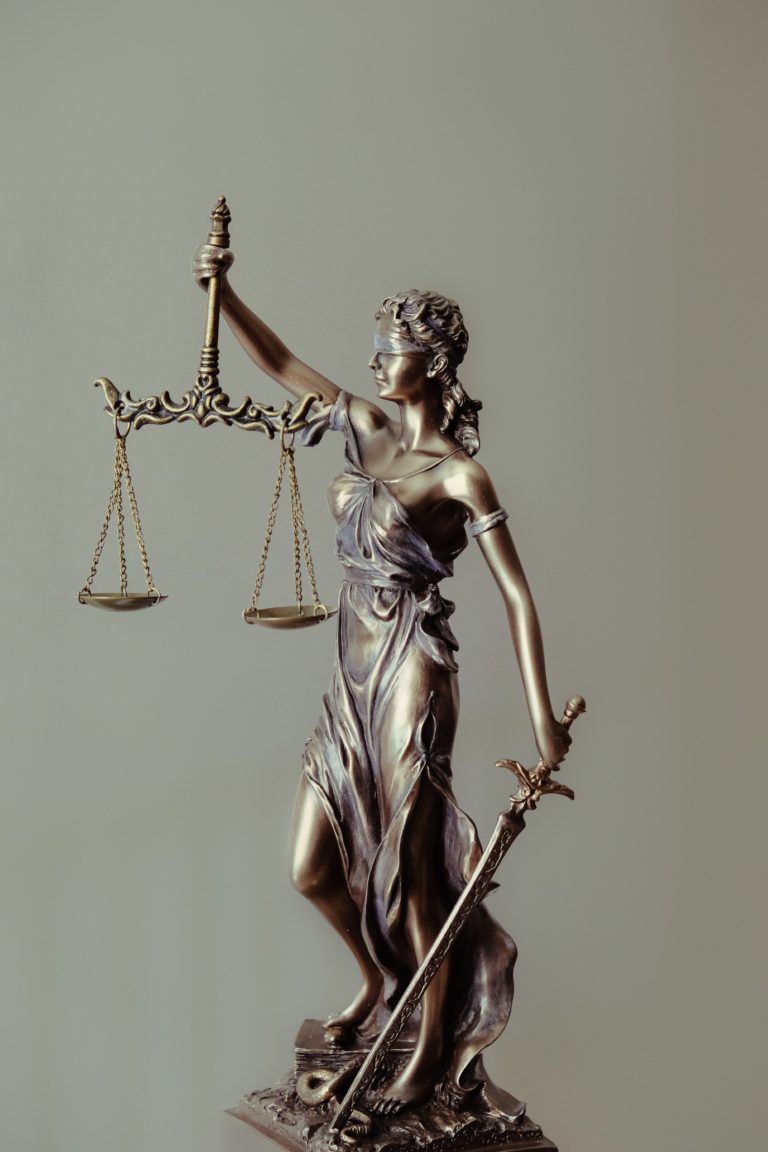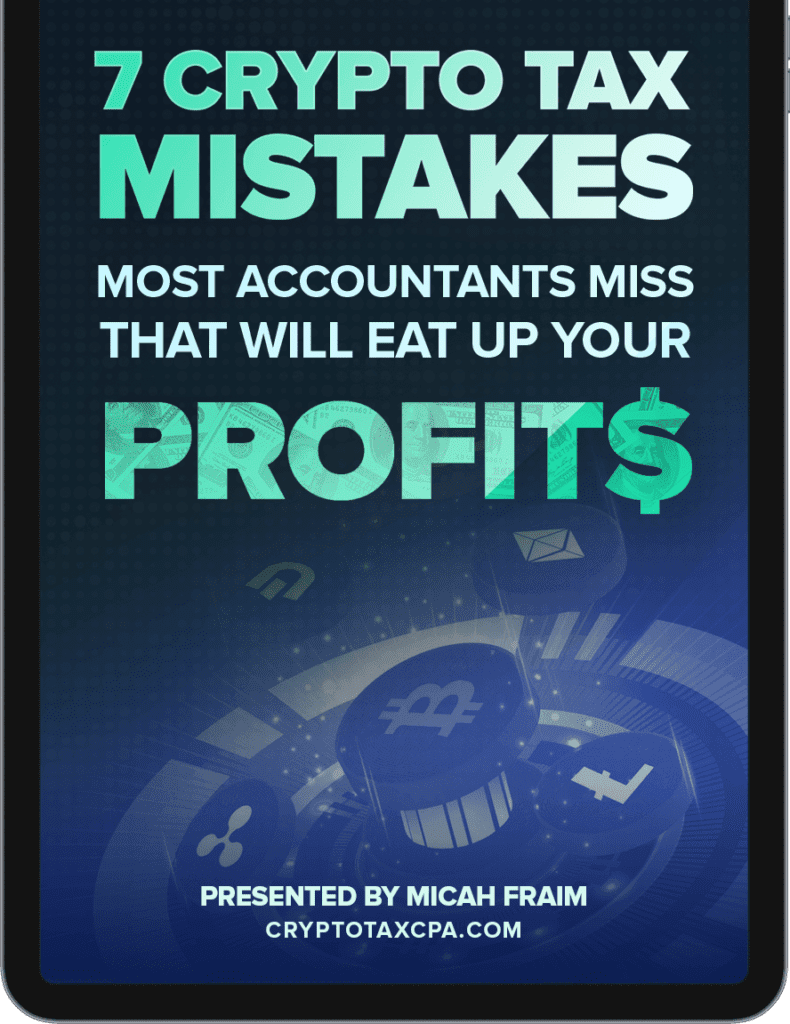Last year we wrote a series of articles talking about the Jarrett v. U.S lawsuit and its implications for the taxability of staking income. The first talked about the core arguments of the lawsuit itself and the second went into some of the interesting comments from the IRS’s pleadings in the case – especially their denial that cryptocurrency should always be considered property.
Investors Hoped the Jarrett Case Would Provide Clarity
We have been watching this case very closely given its implications for staking income. We even titled the first article “Jarrett v. U.S Lawsuit: The Future of Crypto Staking Income Taxability” and in it we noted:
“The good news is that, win or lose, this lawsuit is going to be beneficial to crypto investors. Lack of clarity is one of the biggest issues facing blockchain investors at the moment. This litigation will force specific answers from the IRS. We’ll be getting concrete guidance on exactly when and how our staking rewards are taxable, which will allow us to plan appropriately for our taxes.”
Unfortunately, it now appears that we were overly optimistic with that prediction. Last month, the court sided with the government and dismissed the case, but they did so in a way that provides no additional clarity to crypto investors.
How?

Lawsuit Concerned a Single Tax Year
At the core of their lawsuit, the Jarretts were suing to request a refund of the tax they paid on their staking income in 2019. Obviously, the main goal of the lawsuit was additional clarity from the IRS and hopefully more favorable tax treatment for staking income, since the couple only owed $3,793. But on its face, the lawsuit was to recover the tax paid for that one year.
In December 2021, the government authorized a refund of that tax paid, which the couple rejected. In February 2022, the DOJ filed a motion to dismiss the case – arguing that because the refund had been authorized, the case is moot. The Jarretts sued for their money back and the IRS agreed to refund it – case closed. In their motion to dismiss, they argued:
“Here, the United States granted a full refund of the amount the Jarretts asked for in the Complaint, with interest and without receiving anything in return. It was not an offer to compromise the case with each party giving up something. Thus, there is nothing left to adjudicate: Plaintiffs sued for a refund and received a full refund. When the United States tenders full payment of a refund — even during litigation — no case or controversy remains and the refund claim is moot. Drs. Hill & Thomas Co. v. United States, 392 F.2d 204, 205 (6th Cir. 1968); Christian Coalition, Inc. v. United States, 662 F.3d 1182, 1192 (11th Cir. 2011) (refund claim moot where “IRS returned all of the disputed taxes shortly after this litigation began.”).”
They also argued that because full relief had been granted, the Jarretts had no right to refuse the refund and continue the case:
“Despite obtaining the full relief they ask for in their Complaint, the Jarretts believe this is still a “live” case or controversy because the Court has not yet ruled on whether staking rewards are taxable as income when received. They suggest in their letter that they can simply refuse the refund for which they sued in order to “vindicate their rights.” Dkt. No. 37. The Jarretts essentially argue they can continue this case to force the United States to explain why it granted the refund and then obtain an advisory opinion from the Court about those reasons. Not so. Roberts v. United States, No. 71-H-40, 1971 WL 428, at *1 (S.D. Tex. Oct. 20, 1971) (“The Court is not empowered to decide moot questions or abstract propositions, or to declare rules of law to be applicable in future cases but which are not in issue in the case in chief. As a result of the defendant’s gesture in tendering the moneys which were the subject of the suit, there is no longer a case or controversy before this Court[.]”).”

The Need for Clarity in General vs. The Narrower Scope of the Lawsuit Itself
The Jarretts for their part argued that while their lawsuit was for a refund on their 2019 taxes, the same issue would arise every subsequent year. In their memorandum, the court summarizes this and some other core issues of the case nicely. The entire opinion is worth reading, but this section is especially of note:
“As to whether this suit is capable of repetition, the answer depends on one’s perspective. From the Jarretts’ vantage point, despite the fact that the refund suit is seeking refund of taxes for a specific year, the suit concerns whether creation of Tezos tokens is taxable income. They contend this issue will arise each and every year because Joshua Jarrett intends to continue creating Tezos tokens. The United States argues that this suit, which concerns only the refund for 2019, is not capable of repetition because any subsequent suit would necessarily involve a different tax year.
The Court finds no reasonable expectation that Plaintiffs will be subject to the same action again. As stated above, the instant controversy was limited to whether Plaintiffs were entitled to a refund of taxes paid for the 2019 tax year. This particular issue is not capable of repetition as any subsequent claim for refund would necessarily apply to a different tax year. Christian Coalition, 662. F.3d at 1196 (“The tax amounts in dispute and the nature of the claim for a refund are specific to each individual tax year.”). Moreover, as this is the Jarretts’ first suit to seek a refund after paying income tax on Tezos tokens, it is premature to speculate the Jarretts’ tax refund claims will repeatedly evade review.
Plaintiffs also argue that a decision on whether Tezos tokens created through “staking” are taxable income is of significant public importance because there are other taxpayers who engage in the same activity. The Court is not persuaded that the existence of an unanswered tax question, which is unquestionably of interest to the group of taxpayers who create Tezos tokens, provides an exception to mootness in this case.”
Essentially, despite acknowledging that the matter remains unsettled for other taxpayers and future tax years, that is not the issue they were asked to consider in this lawsuit. In their conclusion they state that:
“Plaintiffs’ claim for relief is MOOT. They filed a refund claim seeking refund of a tax overpayment. Now that the overpayment has been refunded, Plaintiff seeks an advisory opinion on whether it was entitled to the refund under the current tax law. The Court does not provide advisory opinions. See Fialka-Feldman v. Oakland Univ. Bd. of Trustees, 639 F.3d 711, 715 (6th Cir. 2011) (“The ‘case or controversy’ requirement prohibits all advisory opinions, not just some advisory opinions and not just advisory opinions that hold little interest to the parties or the public.”).”

Guidance Is Desperately Needed
This continues to leave investors in the unenviable position of having to navigate the situation on their own and without any governmental guidance. Hopefully clarity comes from somewhere some time soon. Congress has been unable to pass any legislation on the matter and the IRS has remained silent – presumably hoping for some legislation from Congress to enforce rather than coming up with their own interpretation and then fighting it out in court.
Any accounting, business, or tax advice contained in this communication, including attachments and enclosures, is not intended as a thorough, in-depth analysis of specific issues, nor a substitute for a formal opinion, nor is it sufficient to avoid tax-related penalties.


